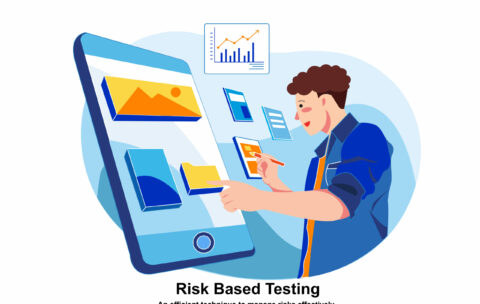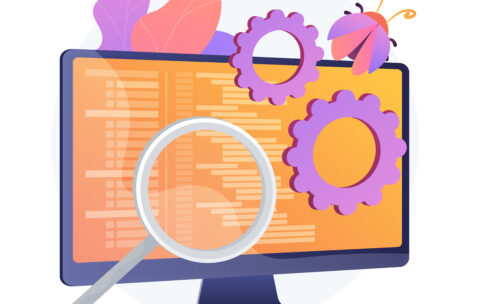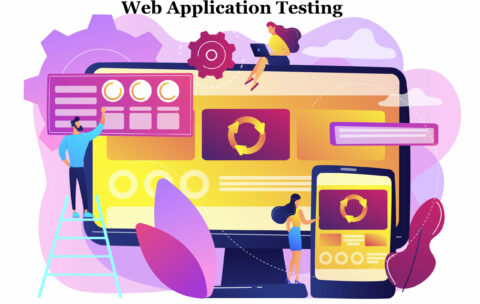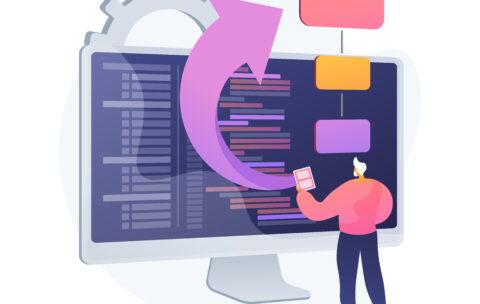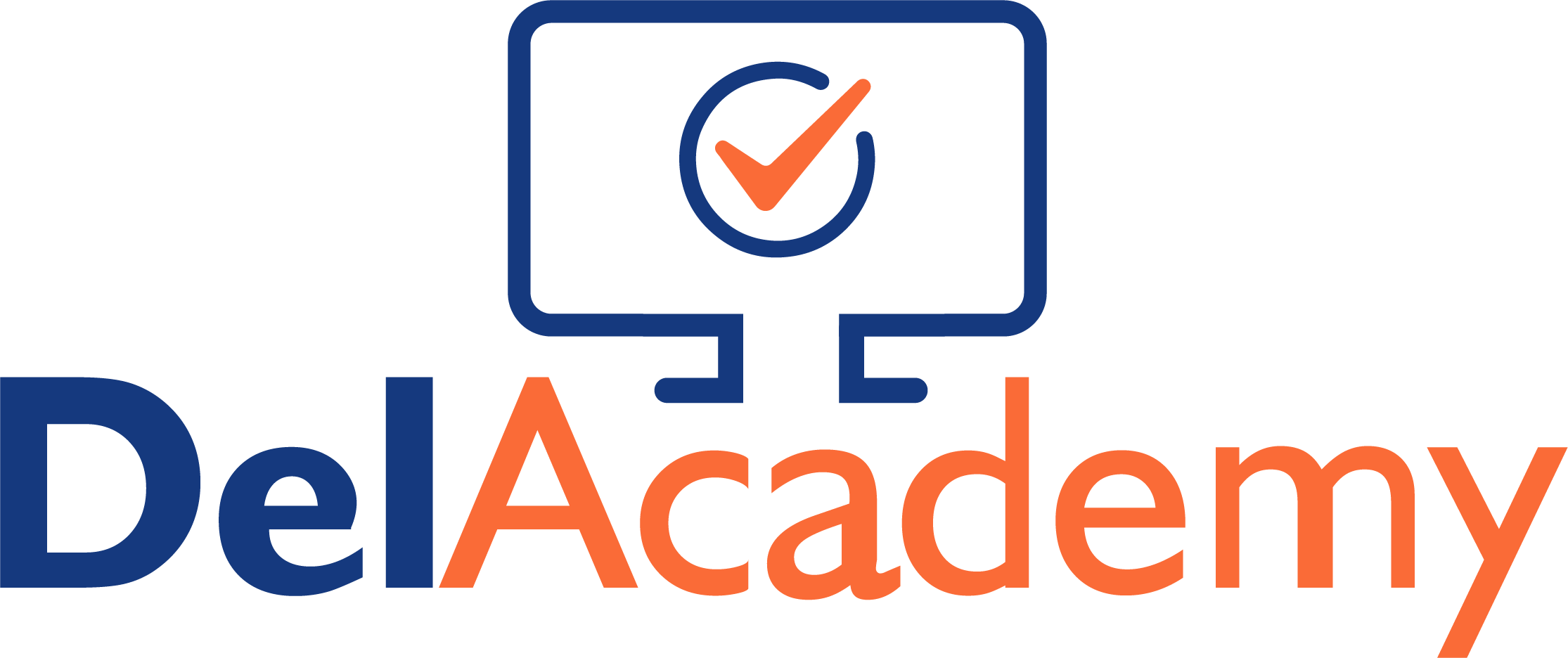All Levels
Risk-based Testing
This course teaches you about the approach of risk-based testing …
£39.00
Risk-based Testing
What you'll learn
To understand the key concepts of risk-based testing and its importance in software development.
To be able to identify, assess, and prioritize risks in software development projects.
To use risk analysis techniques to determine the potential impact of defects and inform testing decisions.
To develop and implement a risk-based testing strategy that considers the identified risks.
To plan and execute risk-based tests effectively, ensuring the most critical aspects of the software are thoroughly tested.
To report and track risk-based testing results and make data-driven decisions about risk mitigation and future testing efforts.
Jira Training
What you'll learn
Understanding Jira interface and navigation.
Setting up projects, managing tasks and issues, customizing fields and workflows.
Creating and managing reports and dashboards.
Integrating Jira with other tools.
Applying advanced Jira features.
Implementing best practices in project management.
Gaining hands-on experience in managing projects.
Improving collaboration and communication.
Becoming proficient in using Jira for efficient project management.
All Levels
Web Application Testing
This course is designed for individuals who aim to verify …
£39.00
Web Application Testing
What you'll learn
Ability to compose test cases using the QA Touch Test Case Management tool.
Skill to create precise and unambiguous bugs/defect reports for web applications.
Competence to construct a basic website from scratch using HTML, CSS, and JavaScript.
Improved readiness for job interviews as a Quality Assurance Engineer.
Ability to assist your team/organization in producing high-quality web applications.
Integration Testing
What you'll learn
Acquire a thorough understanding of the integration process and its procedures.
Master the ability to design, implement, and evaluate integration solutions for different types of software applications.
Gain practical experience using integration tools and methods, including automation.
Develop skills in identifying and fixing defects in integration solutions.
Learn best practices for integrating various types of software applications, such as web applications, mobile applications, and desktop applications.
Improve knowledge of integration testing, as well as debugging and troubleshooting techniques.
Enhance the efficiency of the integration process and ensure software quality.

